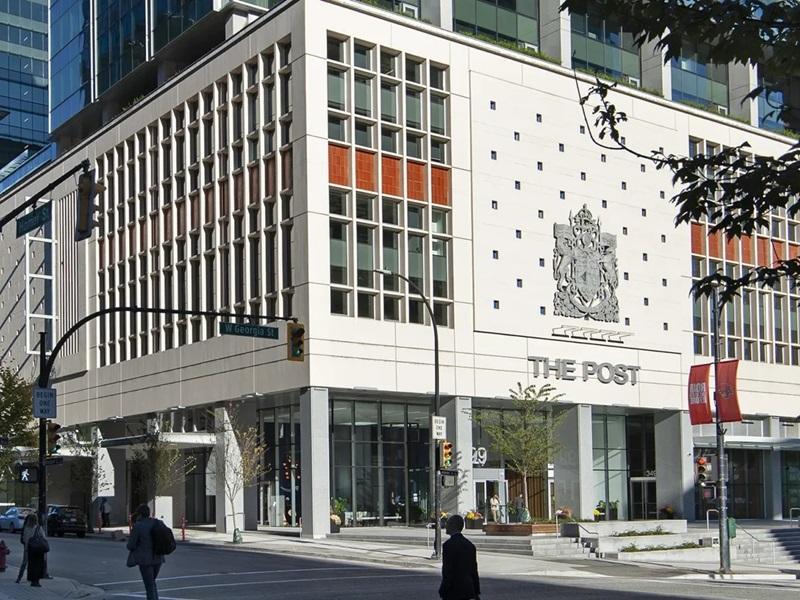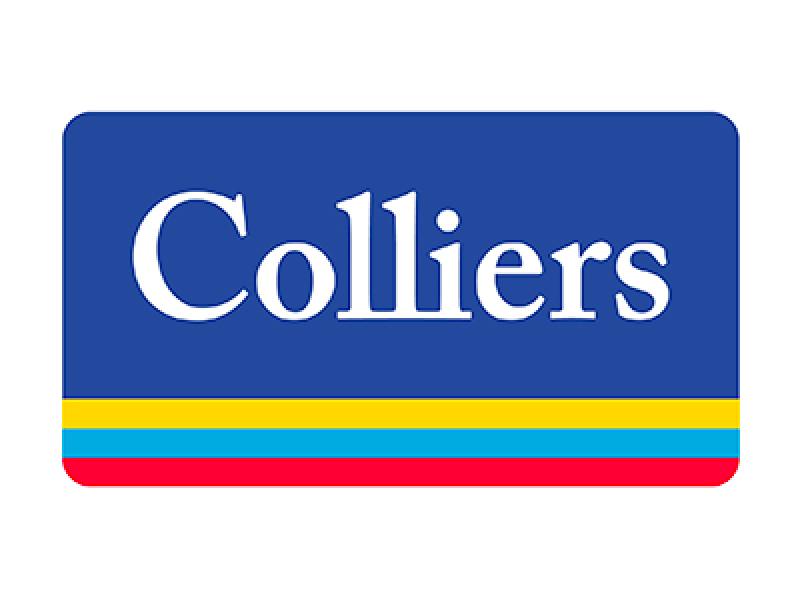
Dream Unlimited Corp.’s Michael Cooper says legislation to remove the federal sales tax on construction of rental housing is a “game-changer” which allows his firm to develop 5,000 purpose-built rental units in Ottawa, Toronto, Saskatoon and Calgary.
Many of those units, Cooper told RENX in an interview, could not have proceeded at this time without the feds’ GST waiver, which essentially reduces development costs by seven per cent.
Some provinces have also agreed to remove provincial sales taxes, a blended rate known as HST.
“If it costs you $93 million instead of $100 million, it is way easier to put the pieces together to start construction,” said Cooper, the chief responsible officer at Dream. “Seven per cent is a big amount and when we build a building without HST it looks just as good as one with HST. We’re still building great buildings, we’re not reducing our costs . . . we’re just not paying the government a big cheque at the end.
“That allows us to build buildings with higher interest rates. We can still get a return, and more importantly qualify for a (construction) loan because the banks are comfortable that the building makes economic sense. So it is a very big deal.”
The crux of the issue is that many businesses simply pass on GST costs to customers when they pay the tax, but renters do not pay GST or HST, so it comes out of the building owners' pockets.
Two developments to kick off within six months
Cooper does not want to waste any time getting started. Cooper told RENX two of the projects – 1,010 housing units at the Dream LeBreton development in Ottawa as well as 340 rental units at its Brighton development in Saskatoon – are slated to begin construction within six months.
Dream LeBreton, which includes 41 per cent of apartments to be rented below market rates, was stalled because Dream had not been able to secure construction financing.
So was another 240-unit apartment project at Dream’s neighbouring Zibi development, which straddles the Ontario-Quebec border along the Ottawa River.
“The two projects in Ottawa, it would’ve been natural to start them this summer, but we couldn’t get the financing we needed to make it viable. And as soon as the HST by the province and the federal government was waived, the financing worked,” he said.
“So they are directly attributable to the new policy change.”
The large below-market rental component of the Dream LeBreton project is due to an innovative partnership with a local non-profit organization, Multifaith Housing Initiative of Ottawa.
By accessing funding and assistance programs available to both non-profit and for-profit organizations, Cooper said the partners are able to significantly increase this aspect of the project.
Dream LeBreton is the first phase of a major redevelopment for the LeBreton Flats area at the west side of downtown Ottawa. The Dream rental development will be the first major component to be constructed at the site.
Saskatoon and the other developments
In Saskatoon, the other major project to go ahead in coming months is at Dream’s huge Brighton development. Destined to be home to over 15,000 residents by 2030, the property will soon see 340 varied rental housing units under construction.
“We started building apartments in Brighton because there was a lot of desire by people to live in a great place . . . and Brighton is a great community and people want to rent there; not everybody wants to buy,” Cooper said.
The new phase was “just approved last week, 340 units which includes five-storey apartments, townhouses and single-family residential, added to what we were gonna start before year end.”
Cooper said this project might have proceeded even without the GST waiver, but this make it "100 per cent a go."
Dream plans to develop over 6,400 residences at the sprawling community, with a wide range of rented and owned housing types. It will also include retail, commercial, office and institutional uses and 82 acres of parkland during the current phases.
Ultimately, Dream plans to develop a 3,000-acre tract in the area, Cooper said.
Further down the road, a Dream spokesperson told RENX the other projects involved in this announcement are Alpine Park in Calgary, as well as 250 Dundas and 49 Ontario in Toronto.
Alpine Park comprises 476 acres along Calgary’s new Southwest Ring Road. The multi-phased development includes a range of housing styles from owned single-family through towns, low- and mid-rise multifamily.
With a projected investment value of about $2.5 billion, the project is about three years into a 15-year build-out plan.
250 Dundas is a planned 49-storey rental tower atop a podium at a site which currently contains an office building. Dream first proposed this project in 2019, with plans for over 800 apartments in the tower.
49 Ontario is a similar type of redevelopment, with plans to replace an existing office building with three purpose-built rental towers of up to 49 storeys.
They would contain almost 1,100 apartments plus an office/retail component.










